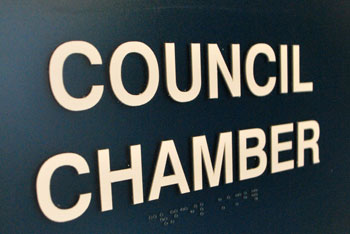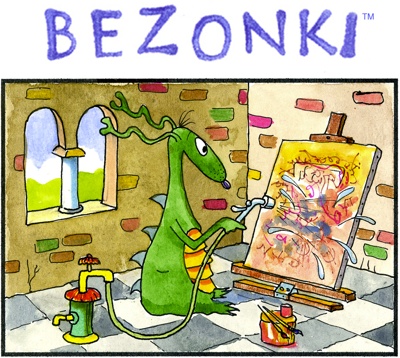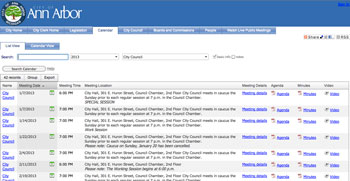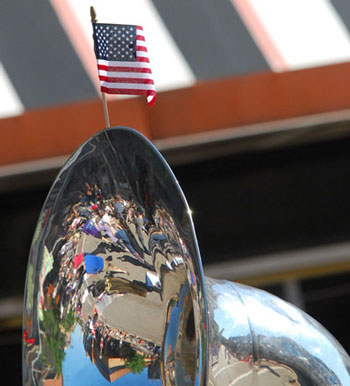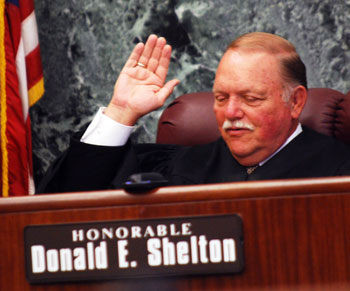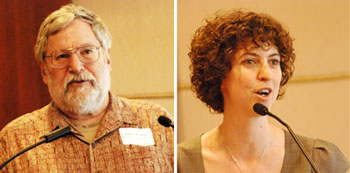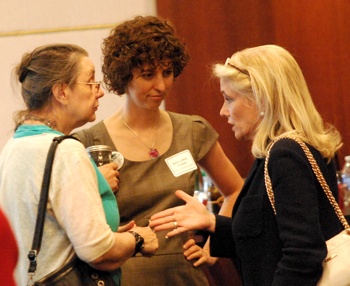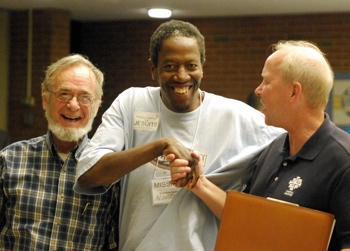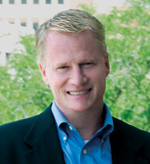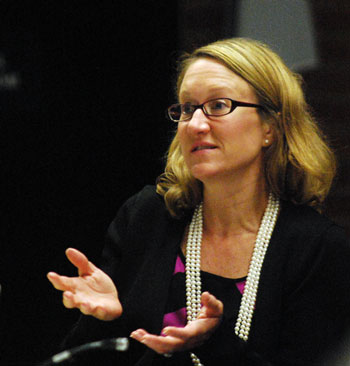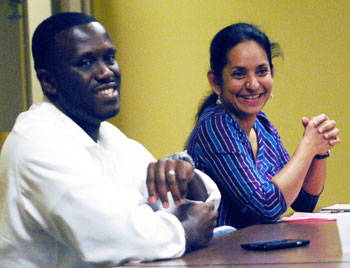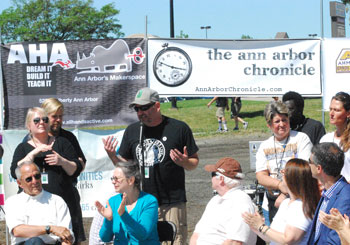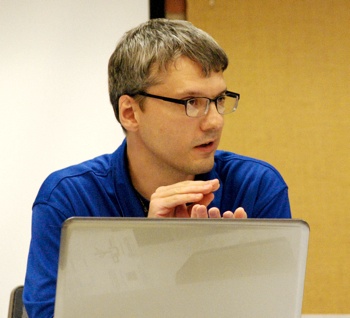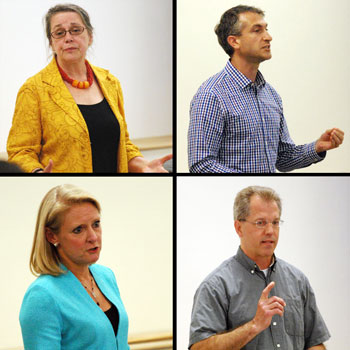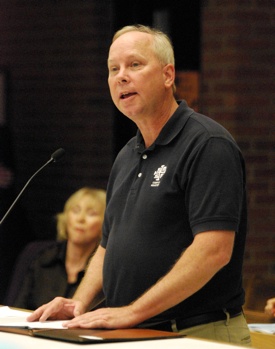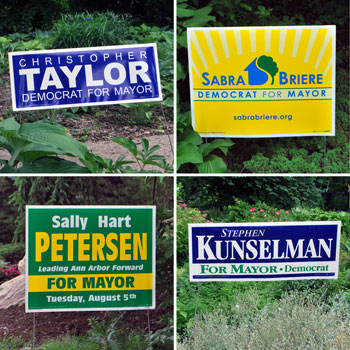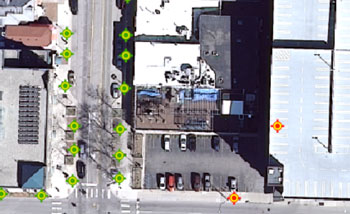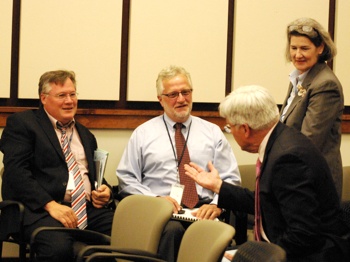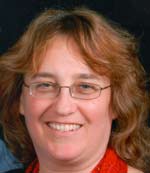Election Commish Live: Which Votes Count?
Update: No decision was made by the city election commission today. The city attorney will be filing a response to Wieder’s motion that does not take a position on the question, but will ask the court to decide. The two sides have agreed to ask the court for an expedited ruling. We’ll get an update on Tuesday, July 15, when the election commission next meets.
At 11 a.m. today, July 8, the Ann Arbor city election commission will meet to discuss the question of how to count votes that are cast in the Ward 3 Democratic primary. In-person voting for the election takes place on Aug. 5, 2014. But the point in dispute concerns ballots that were printed incorrectly and sent to absentee voters.

This was how the incorrectly printed ballots appeared for the Ward 3 Democratic primary race. Bob Dascola’s name was erroneously omitted. The city of Ann Arbor has sent replacement ballots to the absentee voters who received such a ballot. The subject of controversy now is whether votes cast with the incorrect ballot should count.
To listen live to the commission’s discussion, use the audio player below. After the meeting, The Chronicle will make an audio recording available in place of the live-stream player.
The question of counting votes has arisen because the ballots for the race were initially printed incorrectly, omitting the name of one of the candidates. Printed correctly on the ballots were Julie Grand and Samuel McMullen. However, Bob Dascola – who had filed a successful lawsuit against the city in order to be a candidate – was mistakenly left off the ballots.
About 400 of those incorrect ballots were sent to absentee voters. The city has taken steps to attempt to rectify the situation, sending replacement ballots with instructions to those voters who received incorrect ballots. For background on the series of events that led to the incorrect printing of ballots, see “Dascola Mistakenly Left Off Ward 3 Ballot.”
Dascola’s attorney, Tom Wieder, filed a motion in federal court on July 7, asking that the city be enjoined from counting votes in the Ward 3 race that were cast on incorrectly printed ballots. [.pdf of July 7, 2014 motion] [.pdf of July 7, 2014 exhibit] That motion was filed as a request for post-judgment relief in the federal case that was litigated to put Dascola’s name on the ballot in the first place. In that ruling, the court decided that the city charter eligibility requirements are not enforceable. Related to that, the city council is beginning to contemplate the steps necessary to make a change to those eligibility requirements.
The ballot counting situation has been complicated by the fact that the Michigan Dept. of State reversed its own position on the matter. On Friday, June 27, the Michigan Dept. of State had indicated that if someone mails in only the incorrect ballot, then their Ward 3 vote on the incorrect ballot should not be counted; their votes in other races, however, should be counted. [.pdf of June 27, 2014 email from Michigan Dept. of State] But by Monday, June 30, the Michigan Dept. of State had reached a different conclusion. That new conclusion was this: If a voter submits only an incorrect ballot, then their vote in the Ward 3 race will count. [.pdf of June 30, 2014 email from the Michigan Dept. of State]
The Ann Arbor city council held a closed session during its regular July 7 meeting that could have included discussion of the Ward 3 ballot-counting issue. Because it involves pending litigation, the topic is eligible to be discussed in a closed session held under Michigan’s Open Meetings Act. It’s possible that the election commission might also vote to go into closed session to discuss the issue.
Two key questions that might be addressed by the city election commission are: (1) Does the State Bureau of Elections have binding authority to direct the city election commission on the question of how the ballots are to be counted? and (2) What is the legal basis of the BoE’s conclusion that Ward 3 votes can be counted from ballots that did not include Dascola’s name as a choice?
Under the city charter, the city election commission consists of the city clerk, who serves as chair (Jackie Beaudry), the city attorney (Stephen Postema), and the chief of police (John Seto). The city charter states that the election commission should settle questions about election procedures: “In any case of doubt concerning election procedure, the Election Commission shall prescribe the procedure to be followed.” [Full Story]




